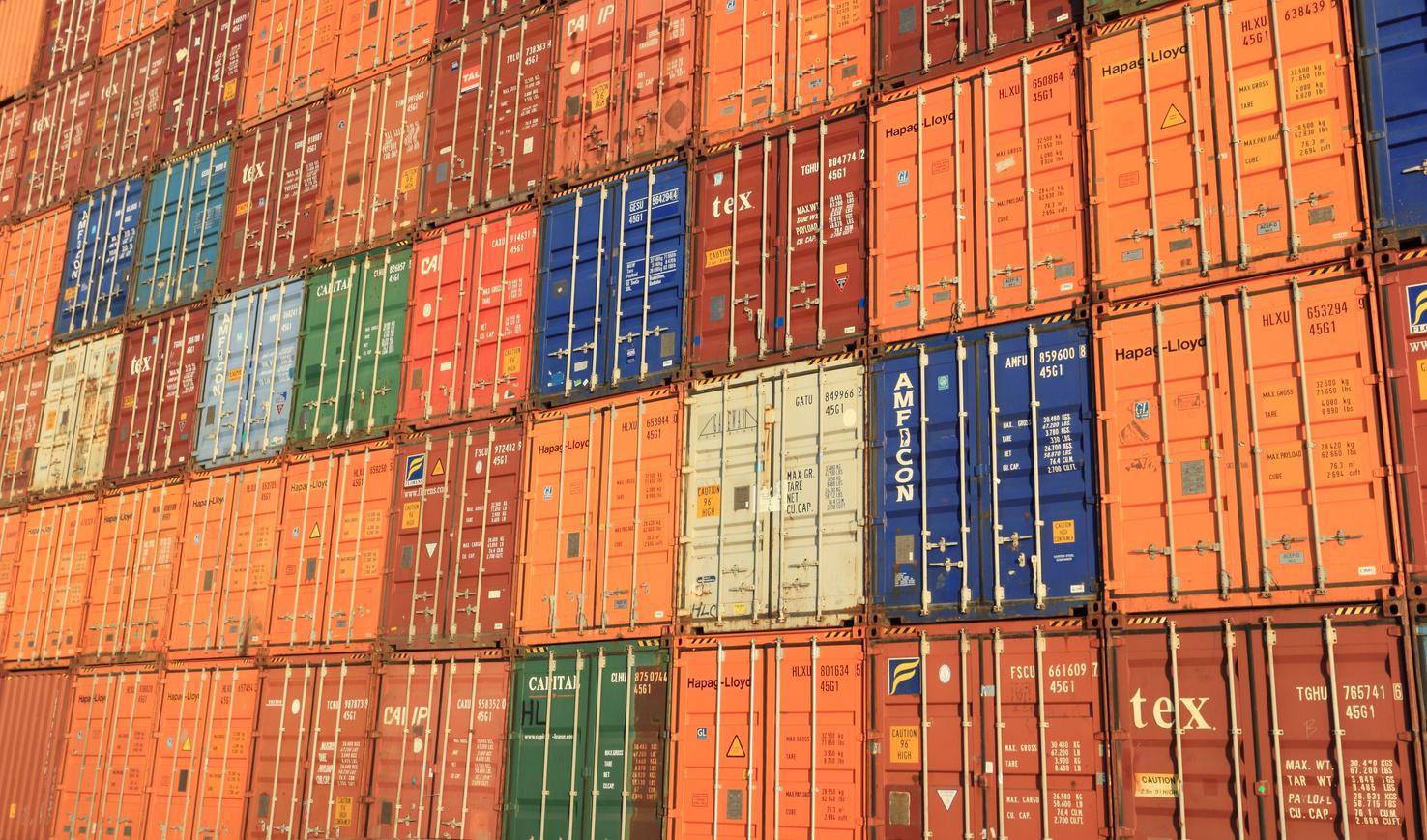Know the Difference Between Recourse and Non-Recourse Factoring
Maintaining a regular cash flow is a consistent goal for firms in practically every industry. Using the convenience of invoice factoring from one of the best export factoring companies is one of the most effective ways to attain this goal. It is a sort of post-export finance in which a company transfers invoices to a third-party finance provider. The provider will quickly clear the bills and collect the funds from the business's clients.
Recourse vs Non-Recourse
It is an outstanding tool meant to help businesses maintain their operations operating smoothly while also preparing them to meet any unforeseen financial crisis that may arise as a result of market swings.
To properly reap the benefits of invoice factoring, businesses should be clear on which form would best serve their needs, with recourse factoring and non-recourse factoring being two of the most common. In this article, we will look at the distinctions between recourse and nonrecourse factoring to help business owners decide which is a better fit for their situation.

The Primary Distinctions Between Recourse and Nonrecourse Factoring
Liability
According to Tradewind Finance, an international trade finance companies, the key distinction between the two types of factoring is who is held liable in the event of nonpayment. If an invoice is not paid when using recourse factoring, the business must face the costs by purchasing the invoices back from the factor. The factoring company is responsible for clearing the unpaid sums through non-recourse factoring.
However, the precise terms and circumstances for invoice clearance may differ from contract to contract. To better comprehend the variations between the two types of invoice factoring, consider what purpose each type serves.

What Exactly Is Recourse Factoring?
lity
demand invoice clearance from clients.
As one of the best supply chain factoring companies, we knows that One of the most popular invoices factoring alternatives among firms is recourse factoring. The factoring company is in charge of collecting repayments from clients. In the worst-case scenario, the company is ultimately liable for the amount if clients fail to make payments. After exhausting all options, the factoring company takes a step back and is no longer held accountable. The company must purchase the invoices from the factoring company and then directly
In this instance, the company is more vulnerable to nonpayment-related losses. Certain benefits of recourse factoring make it a popular alternative. It is regarded as a more cost-effective factoring solution. The second major advantage is that acceptance is quicker since credit checks are less stringent than with non-recourse factoring.

Example of Recourse Factoring
Example of Recourse Factoring
When the seller is satisfied taking on the burden of collecting payment from the buyer if they fail to pay, recourse factoring can be a perfect solution. This gives the seller control over the collecting procedure. It is also viable when the buyer's credit history is less than stellar. Despite the danger of nonpayment from the buyer, the seller can still get instant payments from the factor.

Non-recourse Factoring: What Is It?

A non-recourse factoring arrangement, as opposed to a recourse factoring agreement, mandates the factoring business to collect payment from consumers as well as pay for losses in the event of nonpayment. The sum can vary depending on the terms of the agreements. If a consumer fails to pay, a firm may still be required to absorb the obligation.
Because non-recourse factoring is riskier for the factoring company, businesses must undergo thorough credit checks and produce documentation proving their clients' ability to pay. They must provide solid credit records that attest to on-time payments. Non-recourse factoring can provide numerous advantages to firms. One of the most significant benefits is that it assists firms in mitigating financial risks and guaranteeing optimal cash flow.
Liability
This sort of factoring is a viable option for expanding or asset-light enterprises with poor financials but creditworthy consumers. Nonrecourse factoring can assist firms avoid non-payment concerns and create a sense of assurance. These options, however, come at a little higher cost.
 Example of Non-Recourse Factoring
Example of Non-Recourse Factoring
To know more about International Trade Finance Companies visit our blog at https://www.tradewindfinance.com/news-resources/ You may also visit our website for our offered services https://www.tradewindfinance.com/ Also, please do not forget to follow our social media accounts at: https://www.linkedin.com/company/tradewindfinance/ http://www.facebook.com/tradewindsfinancial http://www.twitter.com/tradewindsoh





 Example of Non-Recourse Factoring
Example of Non-Recourse Factoring